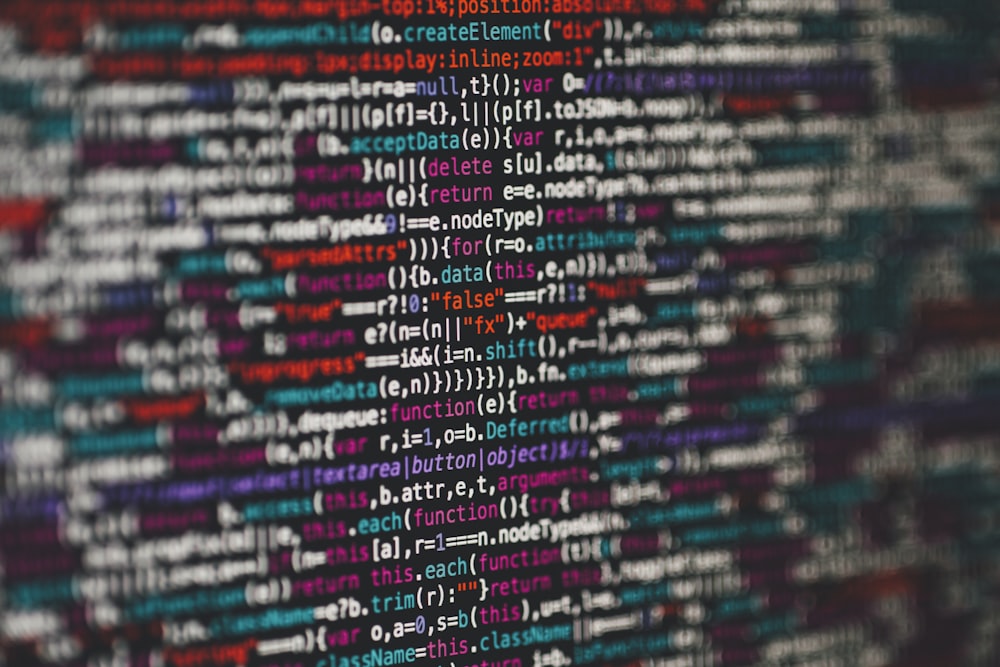
Internet crimes, or widely known as cybercrimes, are crimes committed using mobile devices or computers and a network connection. It has been done thousands of times from all over the world with no sign of stopping whatsoever, despite its low profile and lack of reports. Some cybercrimes committed more than others have tabs kept by the officials.
On the 12th of September, 2012, the Cybercrime Prevention Act of 2012 or officially known as Republic Act No. 10175, was approved and signed into law by President Benigno Aquino III for the sole purpose of sentencing legal issues regarding online interactions and the internet in the Philippines. Among the crimes included in this bill, but are not limited to are:
1.Cybersquatting
-It pertains to registering and using Internet domain names for bad intentions like making a profit, provide misleading information, or giving them a bad reputation.
Punishment:
-Prision Mayor (6 years and one day – 12 years of imprisonment) or at least a PhP200,000 fine up to a maximum amount equivalent to the damage incurred or BOTH
-Reclusion Temporal (12 years and one day – 20 years of imprisonment) or PhP500,000 or BOTH
2.Libel
-Refers to writing or similar means that intend to hurt one’s reputation by spreading false and damaging information about them online via posts, emails, social networking sites, etc., that can be seen by the public.
Punishment:
-Prision Correccional (6 months and one day – 6 years of imprisonment) or PhP200 – PhP6,000 fine or BOTH in addition to the civil action which may be brought by the offended party.
-Penalty to be imposed shall be one degree higher than provided for by the Revised Penal Code, as amended, and special laws, as the case may be.
3.Identity Theft
-It is when someone uses personally-identifying information belonging to another person and pretends to be them to commit fraud or to gain other financial benefits unauthorized.
Punishment:
-Prision Mayor (6 years and one day – 12 years of imprisonment) or at least a PhP200,000 fine up to a maximum amount equivalent to the damage incurred or BOTH
–Provided, that if no damage has yet been caused by it, the penalty imposed shall be one (1) degree lower.
4.Cybersex
-The engagement between two or more people of sexual organs or sexual activity using computer technology and the internet via text messages, audio or video chat, or exchanging lewd photographs to one another. A discussion states if it involves “couples” or ‘people in a relationship’ engaging in cybersex, as long as both parties have consent with each other and by no means for favors or considerations, then it will not be covered. Nevertheless, if one party in a couple or relationship sues for doing cybersex by force, it will be covered.
Punishment:
-Prision Mayor (6 years and one day – 12 years of imprisonment) or at least a PhP200,000 fine but not exceeding PhP1,000,000 or BOTH
-Reclusion Temporal (12 years and one day – 20 years of imprisonment) or PhP500,000 or BOTH
5.Child Pornography
-It pertains to the sexual exploitation of a child. Sexual acts involve a minor less than 18 years old are defined by Federal Law as child pornography. Possessing, producing, or distributing any image
of child pornography are prohibited by Federal Law.
Punishment:
-Penalty to be imposed shall be one degree higher than provided for by Republic Act No. 9775 or the Anti-Child Pornography Act of 2009, committed through a computer system.

These crimes are serious offenses that need to serve justice, and I am in favor of all penalties listed for each crime; they can learn from them and hopefully turn their life around once punished appropriately. If the criminals are poorly disciplined, they will continue to commit cybercrime with no one stopping them in the first place, and it will end in chaos and discord. There are plausible reasons as to why the government implements laws for the sake of their people. Government laws protect us from being unsafe and prone to becoming the bad guys and punish crimes accordingly.
References:
Wikipedia. (2020, Nov. 27). Cybercrime Prevention Act of 2012 – Wikipedia. Retrieved from https://en.wikipedia.org/wiki/Cybercrime_Prevention_Act_of_2012
Toral, J. (2019, Feb. 10). 16 Cybercrimes covered under Cybercrime Prevention Act – Republic Act 10175. Retrieved from https://digitalfilipino.com/introduction-cybercrime-prevention-act-republic-act-10175/
Official Gazette of the Republic of the Philippines. (2012, Sep. 12). Republic Act No. 10175 | Official Gazette of the Republic of the Philippines. Retrieved from https://www.officialgazette.gov.ph/2012/09/12/republic-act-no-10175/
LawPhil. (n.d). Republic Act No. 10175. Retrieved from https://lawphil.net/statutes/repacts/ra2012/ra_10175_2012.html#top
DiGiacomo, J. (2015, Dec. 16). An Overview of Cybersquatting Laws | Revision Legal. Retrieved from https://revisionlegal.com/copyright/copyright-infringement/an-overview-of-cybersquatting-laws/
Legal Line. (n.d). Defamation laws (cyber-libel) and the Internet – FREE Legal Answers. Retrieved from https://www.legalline.ca/legal-answers/defamation-laws-cyber-libel-and-the-internet/
Kleut, J. (n.d). Identity theft: What is it and how to avoid it | Norton. Retrieved from https://us.norton.com/internetsecurity-id-theft-what-is-identity-theft.html
Disini Law Office. (2016, Nov. 22). Penalizing Cybersex | eLegal Philippines. Retrieved from https://elegal.ph/penalizing-cybersex/
Department of Justice. (2020, May 28). Child Pornography. Retrieved from https://www.justice.gov/criminal-ceos/child-pornography
